Passive smoking – a health and environmental problem
Smoking doesn’t only affect the smoker. Even relatives and persons in the smoker’s surroundings can be negatively impacted – even though they never take a puff themselves. Quitting smoking can be positive for more people than just yourself. Your family and your friends will also benefit from you putting out your cigarettes for good.
Everything you need to know about passive smoking
What does passive smoking entail?
Passive smoking means that you do not smoke yourself, but that you are subjected to tobacco smoke from persons in your surroundings. In this way you also suffer from all the harmful effects of smoking.
Being subjected to environmental tobacco smoke, as it is sometimes called, during long period is just as great a health risk as traditional smoking. Five to ten cases of lung cancer per year can be linked to passive smoking and approximately 400 cases of cardiovascular disease.
How can passive smoking cause problems with my health?
Inhaling second hand smoke is, in principle, the same thing as smoking yourself. Those who are passive smokers can inhale just as much of the harmful substances and toxins that are found in tobacco smoke as the smoker receives. If you are also sensitive to smoke, then it can also feel uncomfortable and irritating. Naturally, it doesn’t smell good either. The smell also gets stuck in the non-smoker’s clothing and hair, just as easily as it does in the smoker’s.
Common symptoms or problems that can occur are:
- irritated eyes
- cough
- stinging sensation in the throat
- headache
- shortness of breath
The amount of smoke and how long you are subjected to it is directly decisive to how many negative effects a person risks to their health. The following risks are present when a person is in the vicinity of a smoker:
- Exposure to tobacco smoke during a long time can lead to a greater risk of lung cancer of 20 percent
- The risk of having a heart attack increases by 30 percent
- For persons with heart disease, passive smoking can increase the risk of angina pectoris
- Asthma and allergies can be worsened by tobacco smoke, just as the risk of chronic respiratory illness is increased
Do you smoke but want to minimise the health risks to your surroundings and your family? Remember to:
- Always try to smoke at a sufficient distance from others, especially children
- Try to change your clothes after you have smoked, fabric that has been smoked in carries the harmful substances from the smoke along with it
- Try replacing the cigarette with a smoke-free nicotine drug, such as lozenges, nicotine pouches or nicotine spray. These will take the edge off your cigarette cravings and have a major advantage that they don’t bother anyone else.
Passive smoking and children
Children and tobacco are understandably a bad combination and small children are particularly sensitive to passive smoking. Children who grow up in an environment with tobacco smoke often suffer more with respiratory infections and ear infections than children who live in smoke-free homes. This is because their lungs quite simply function more poorly with mucous membranes and airways that are more receptive to infections.
Are you a new parent? Remember that passive smoking in the home increases the risk of sudden infant death syndrome. Keeping the home environment free from tobacco smoke is the safest and healthiest alternative. 🚭
Quitting cigarettes as a parent is a major gift, not just to yourself, but also to your children and your partner. The family has a greater chance of staying healthy and may potentially spend more time together.
Passive smoking during pregnancy and breastfeeding
If you are pregnant, then it is recommended you avoid smoky environments as much as possible. The smoke the mother breathes in affects the foetus in the mother’s stomach in a very negative way. Among others, it is more likely that the child will suffer from allergies or asthma.
Unfortunately, the list of risks is even longer. Studies show that passive smoking during pregnancy can lead to the child’s motoric ability and attention being considerably worsened. A child whose mother is subjected to passive smoking is more likely to be dependent on tobacco during their teenage years.
How does passive smoking affect my dog and other pets?
It isn’t just people’s health that is in the danger zone when it comes to tobacco smoke. Even our four-legged friends feel bad when their owners smoke. For example, a study from the University of Glasgow shows that the risk of pets suffering from cancer increases in a smoking household.
Cats, in particular, run a big risk. 😿 Researchers’ hypothesis is that large amounts of harmful substances become stuck in their fur and they ingest the toxins when they bathe themselves.
You must also remember that our pets have very sensitive small noses. Many of us humans find the smell of tobacco smoke very difficult. It can reasonably be assumed that a dog with a far more developed sense of smell will suffer even more than we do.
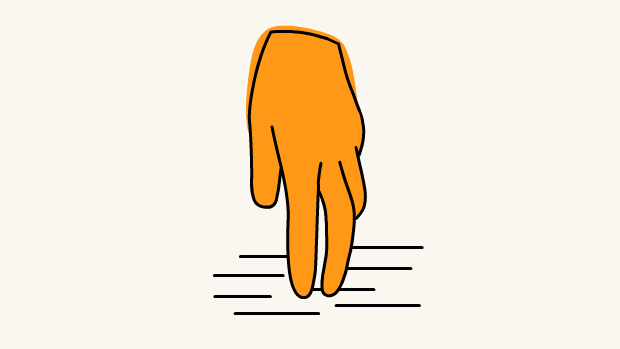
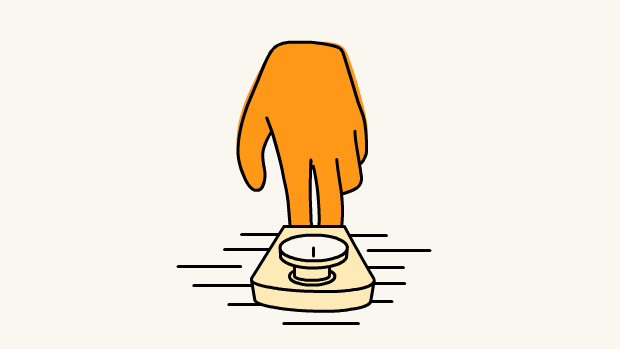




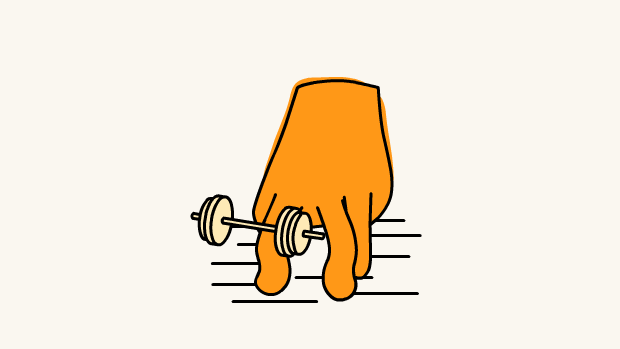


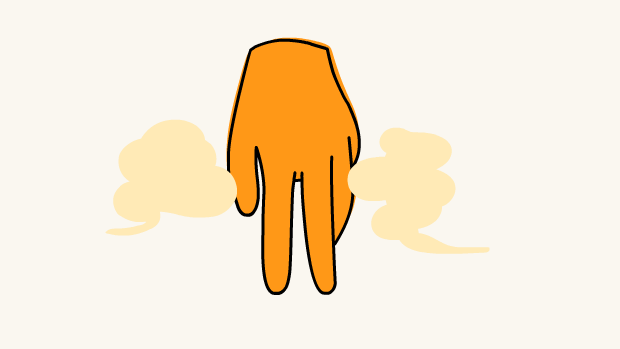

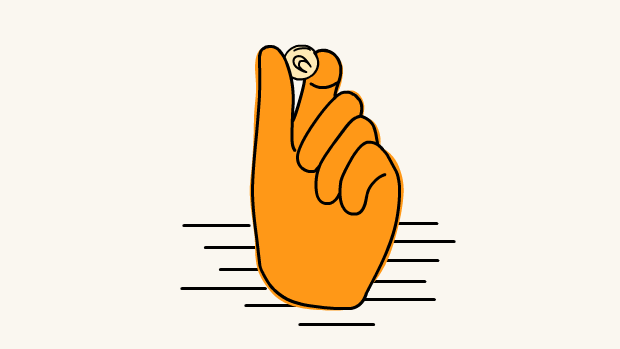

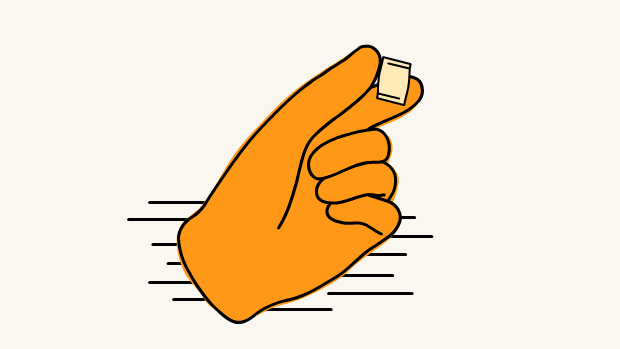
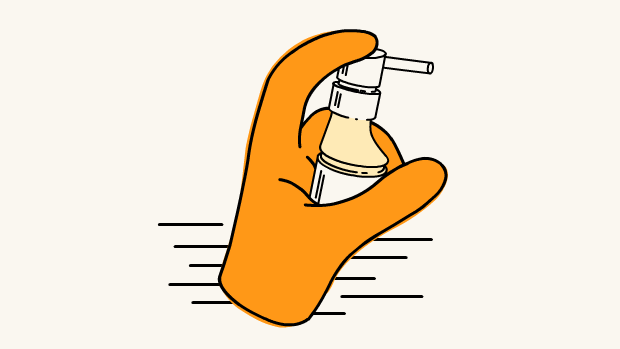
 Apohem
Apohem  Apotea
Apotea  Apotek hjärtat
Apotek hjärtat  Apoteket
Apoteket  Apoteksgruppen
Apoteksgruppen  Kronans apotek
Kronans apotek  Doz apotek
Doz apotek  Meds
Meds